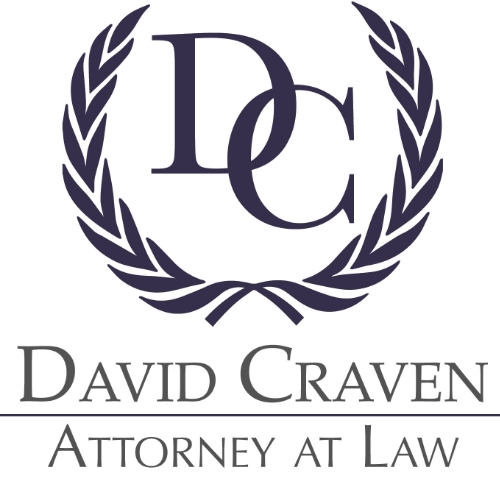Legal IQ Tips: Consumer Protection
Over the past several months, I’ve had an increased number of clients coming to me because they were victimized by a scam. Many of them involve emails or money wire transfers. That said, there are all types of scams out there and my next few posts are going to focus on some new scams that I have been hearing about. Anyone can fall victim, it doesn’t matter if you are young or old. My hope is that sharing this information that was passed on to me will save you from falling victim.
******
“Work from Home/Debt Collector”
This scam in particular hits home as I had a former client who has lost a large sum of money. I’ll use their story to educate but know that this scam can come in the form of any “work from home” offer. Often the scammer will contact you out of the blue, and the whole job seems almost “too good to be true”. The “job” can range from helping a Nigerian Prince collect money owed to him and receiving a percentage of the money collected, to processing paperwork for a company that is too busy, to cashing some type of fake check.
Check out Forbes list of work from home scams to avoid here: https://www.forbes.com/sites/groupthink/2011/12/13/16-work-at-home-scams-to-avoid/2/#1ad52e204d07
The particular scam my clients fell victim to was a debt collector scam. My client was sending their children to college and recently purchased a new home, as such, she was tight on cash. When a company contacted my client offering a debt collection job with a small monthly salary and a % of the money collected, she thought “why not”.
The foreign company told my client they were a large Corporation and needed to collect debt from an American Company and needed an American bank account to have money deposited into and then transferred to them. They had plenty of information on their company and the “owner” even called and spoke with my client. For my client’s services, they’d pay her 5% of the recovered money. Excited to make some easy money, my client was given her first job; send a letter, make a phone call (details were provided) and collect $100,000 for an outstanding receivable owed to the company. My client did as was instructed and sure enough, a few days later she was in receipt of the $100,000 check, sent via Fedex. She cashed it in her bank account, waited for it to clear, and then confirmed clearance with the bank. She then took out her $5,000 and transferred the remaining $95,000 to a bank account, via a wire transfer.
Two days later, “boss man” thanked my client for her services and confirmed their receipt. He assigned my client a second job. This time it was to collect $200,000 from the same company. Instructions were similar with the wire transfer account slightly different. Again, my client called the debtor, sent the letter and in a few days, was in receipt of the $200,000. Again, she took her 5% fee and collected $10,000, and transferred the balance, $190,000.
That very next day the bank called my client and indicated that the checks received were fraudulent. Immediately, they drew back the $190,000 transfer but the initial transfer of $95,000 was gone and my client’s account was now over withdrawn by $95,000.
The banking laws are such that the depositor of the check is responsible for the funds they deposit. It is an individual’s responsibility to ensure that they are receiving checks from individuals they know and trust. In this situation, my client had to negotiate with the bank to figure out how to pay back the $95,000 she lost in this scam and was facing criminal charges, as there were false allegations she was part of some intricate scheme. While I was able to get the criminal charges dropped, and the liability with the bank slightly reduced, you can imagine that this was a terrible and stressful situation. At the end of the day, under the law, it is her liability, even though the bank initially cleared it.
These scams out there are terrible and can cost not only money, but your peace of mind, if you end up in a situation such as my clients. My client is a wonderful person and fell victim to someone’s very awful, heartless plan to exploit someone else.
This scam highlights how careful you need to be when your signing up for any “work from home” opportunity. It also highlights that in your day to day dealings, you need to be careful and cognizant of who you accept checks from. When in doubt, get a certified check.
If you believe a loved one has been contacted by a scammer, contact the Rhode Island Attorney General’s Office: (401) 274-4400 or consumers@riag.ri.gov
More scam info to come.




